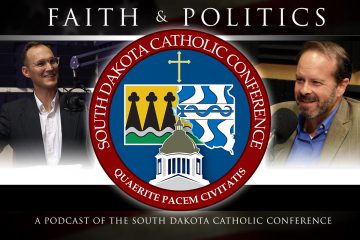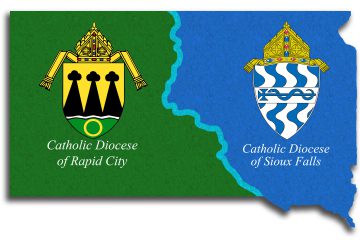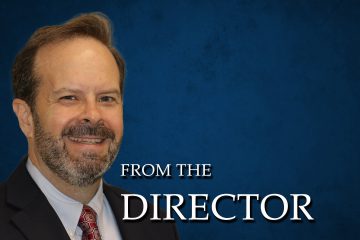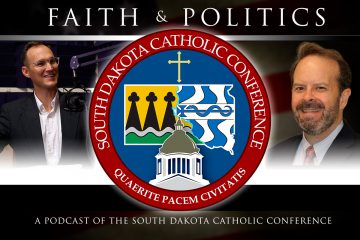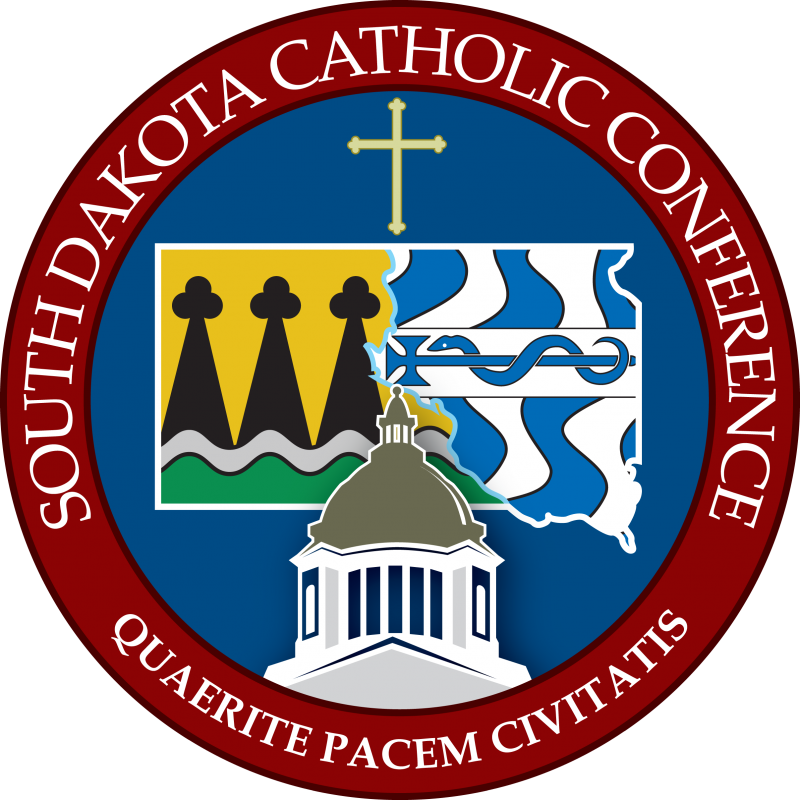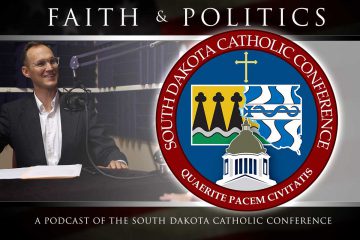F&P Episode 111: Sex, gender, and surgery: a Catholic doctor’s perspective
Host Michael Pauley is joined by Dr. Alfonso Oliva, a physician specializing in plastic and reconstructive surgery, and a member of the Executive Board of the Catholic Medical Association. Dr. Oliva and Michael discuss the various controversies surrounding the use of drugs and surgeries as “treatment” for persons experiencing gender dysphoria. What are the purported benefits of such procedures, and what are the known complications? Dr. Oliva shares his thoughts concerning the rapid rise in cases of reported gender dysphoria among adolescent females, and the growing trend of administering drugs and performing so-called “gender reassignment” surgeries upon minors in the United States.
